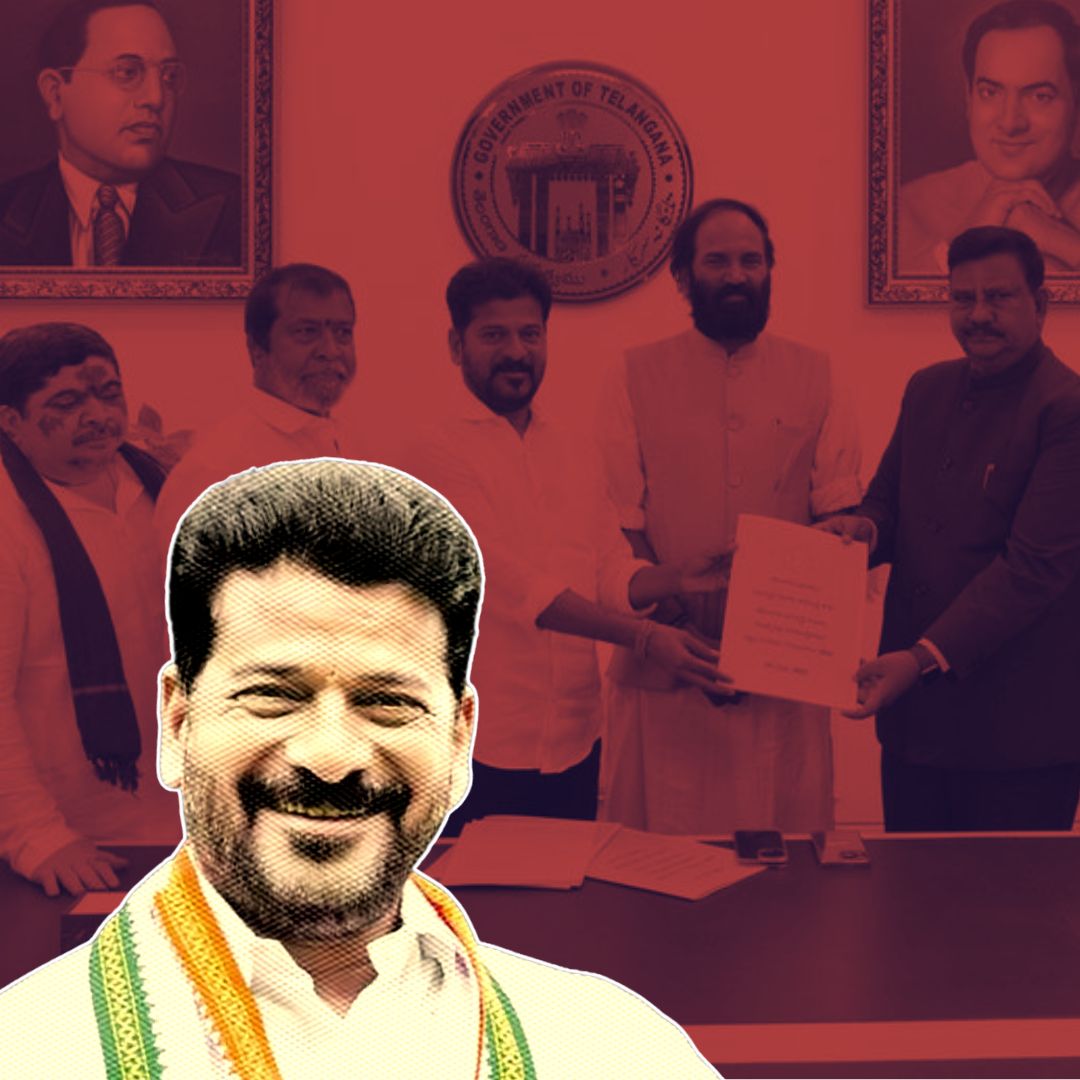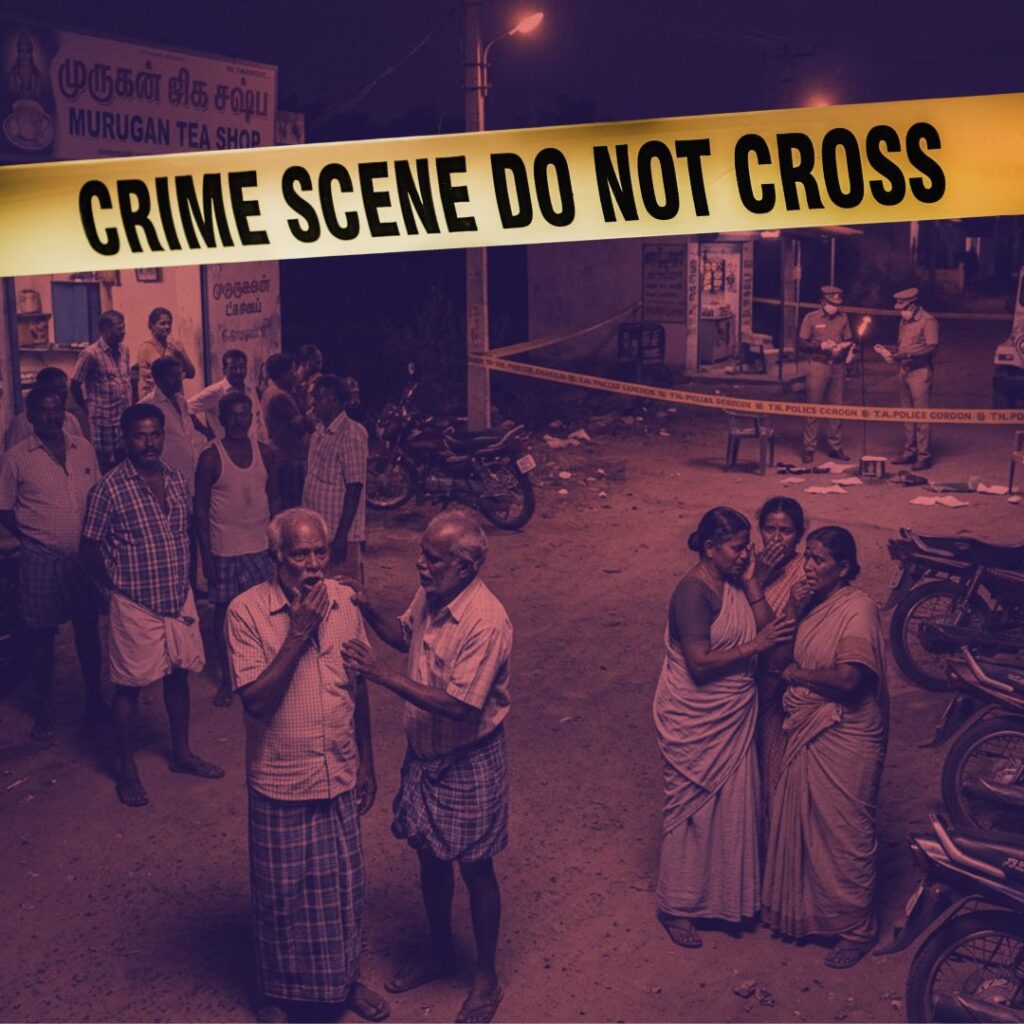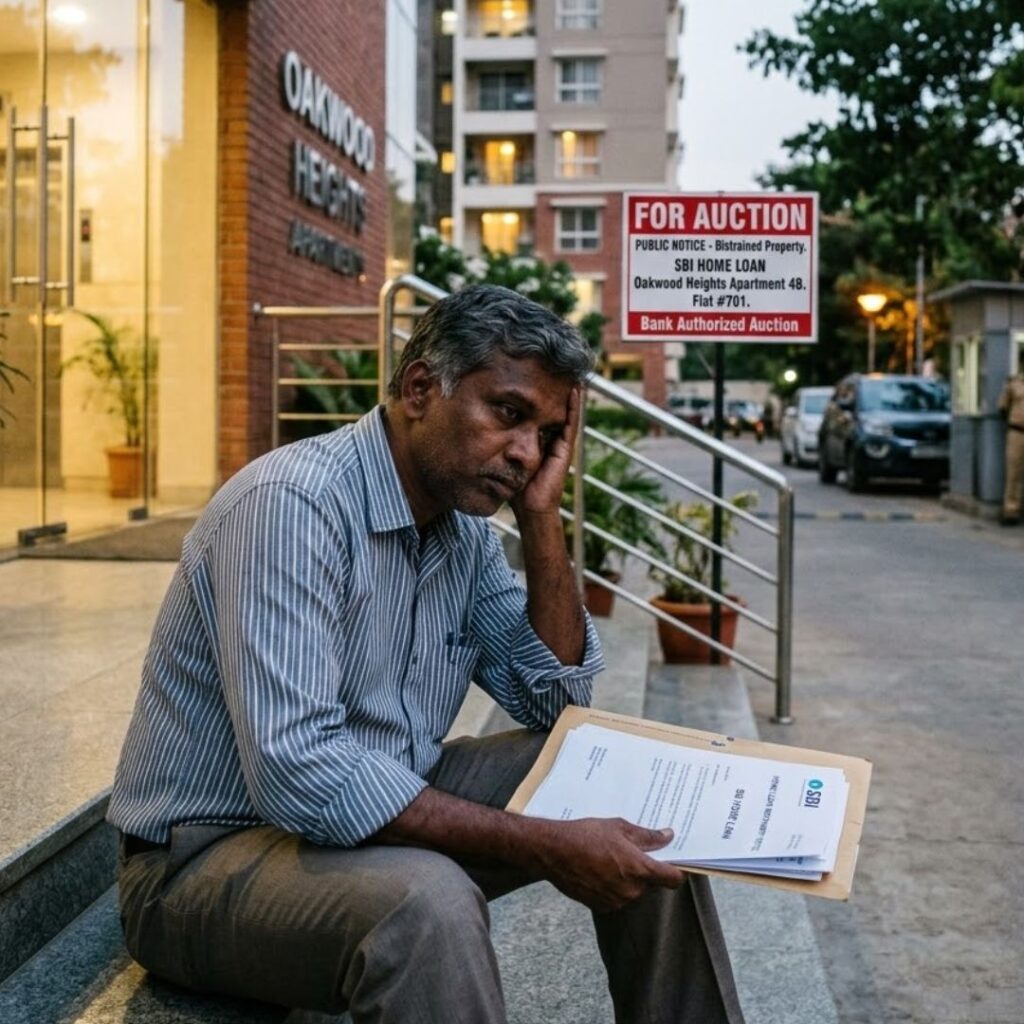Telangana has become the first state in India to officially implement the sub-categorisation of Scheduled Castes (SCs) in reservations for education and government jobs, following the Supreme Court’s August 2024 verdict permitting such classification.
The state government issued a gazette notification on April 14, 2025, coinciding with Dr BR Ambedkar’s birth anniversary, dividing 59 SC communities into three groups—Group I (1% reservation), Group II (9%), and Group III (5%)—within the existing 15% SC quota.
Chief Minister Revanth Reddy called it a historic and revolutionary step towards social justice, while Irrigation Minister N Uttam Kumar Reddy confirmed immediate implementation and assured adjustments based on the 2026 census population data.
A Historic Move for Equitable Representation
The Telangana Scheduled Castes (Rationalisation of Reservation) Act, 2025, received the governor’s assent on April 8 and was formally notified on April 14. The classification is based on a detailed study by a commission led by retired High Court judge Justice Shameem Akther, which analysed socio-economic and educational disparities among SC sub-castes.
Group I includes 15 highly disadvantaged communities, Group II has 18 moderately benefited groups, and Group III comprises 26 relatively better-off sub-castes. The government rejected the introduction of a creamy layer within SCs, aiming to ensure equitable benefits without economic exclusion.
The cabinet sub-committee, headed by Minister Uttam Kumar Reddy, handed over the first copy of the gazette notification to the Chief Minister, signalling the start of implementation in recruitment and admissions.
Implementation Strategy and Challenges Ahead
The Telangana government has outlined a comprehensive and phased approach to implement the sub-categorisation across all government departments, public sector units, and educational institutions. According to Minister N Uttam Kumar Reddy, the government will immediately apply the new classification in all upcoming recruitment drives and academic admissions for the 2025-26 session.
Officials have emphasised the importance of robust data collection and monitoring mechanisms to track the policy’s impact and ensure that the benefits reach the most marginalised SC communities. However, the policy has also sparked debate among various SC groups. While many have welcomed the move as a long-overdue correction, some organisations have raised concerns about the adequacy of the percentage allocations, fearing that certain communities might still remain underrepresented.
The government has responded by promising a transparent grievance redressal system and periodic reviews, especially after the release of the 2026 census data, which will provide updated demographic insights. Additionally, authorities are working to conduct awareness campaigns to educate stakeholders about the new system to minimise confusion and potential inter-community tensions.
Background and Context of the Sub-Categorisation
The demand for sub-categorisation within SC reservations has been a persistent issue, particularly advocated by groups such as the Madiga Reservation Porata Samithi since the early 1990s. These groups have argued that the benefits of reservation have been disproportionately cornered by a few dominant sub-castes, leaving many others still socially and economically marginalised.
The Supreme Court’s landmark seven-judge Constitution Bench ruling in August 2024 upheld the constitutional validity of sub-classifications within SC and ST categories, thereby empowering states to enact laws to ensure fairer distribution of reservation benefits. Telangana’s decision to act swiftly on this ruling reflects a proactive approach to social justice.
The state government undertook extensive consultations with community leaders, social scientists, and legal experts before forming the Cabinet Sub-Committee and appointing Justice Shameem Akther to head the commission that studied the socio-economic conditions of SC sub-castes.
The commission’s recommendations formed the basis of the new legislation, which aims to address historical imbalances and promote inclusive development within the Scheduled Castes.
The Logical Indian’s Perspective
Telangana’s pioneering implementation of SC sub-categorisation is a commendable and necessary step towards nuanced social justice. It recognises the diversity within Scheduled Castes and the varying degrees of disadvantage faced by different sub-groups.
By moving beyond a blanket reservation policy, Telangana is setting an example of data-driven, inclusive governance that seeks to ensure that affirmative action truly reaches those who need it most. However, such reforms must be carefully managed to maintain social harmony and avoid creating new divisions or tensions among communities.
The success of this policy will depend on transparent implementation, continuous dialogue with stakeholders, and a commitment to empathy and fairness. As Telangana leads the way, it challenges other states to consider similar reforms that reflect the complex realities of caste-based inequalities.
ఇదొక చారిత్రక సందర్భం…
— Revanth Reddy (@revanth_anumula) April 14, 2025
మూడు దశాబ్దాల
కలను నిజం చేసిన సంకల్పం…
ఎస్సీ వర్గీకరణ పై…
నేడు ప్రజా ప్రభుత్వం
అధికారిక ఉత్తర్వులు జారీ చేసింది…
తొలి కాపీని అందుకోవడం…
గొప్ప అనుభూతిని మిగిల్చిన క్షణం.#SCCategorisation #Telangana#SocialJustice #CasteSurvey pic.twitter.com/4TRoE8iRL4











